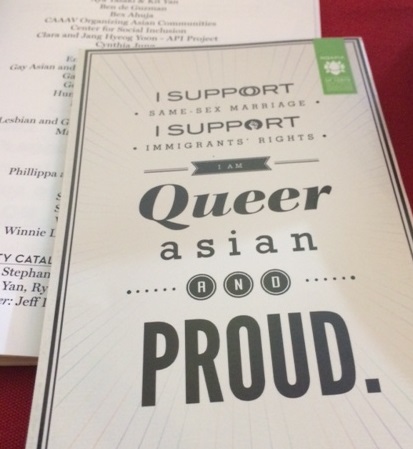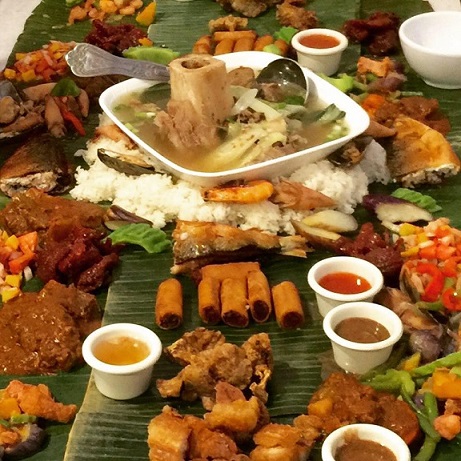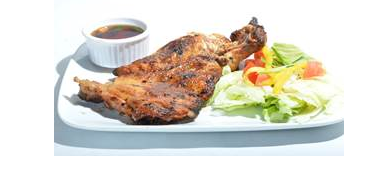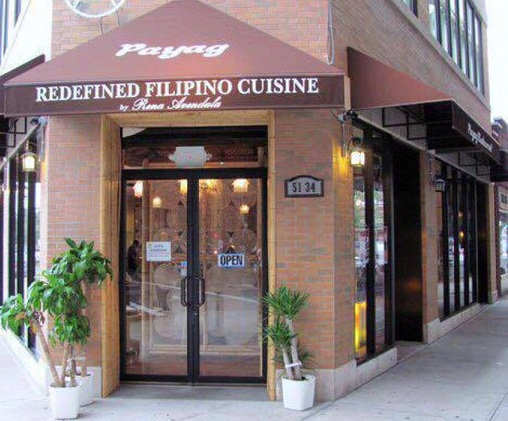Queens restaurants redefine dining with low-salt, low-fat menu
By Cristina DC PastorFilipino restaurants in Queens are trying something new: They are adding less salt and less fat to some of their dishes
Kalusugan Coalition, a non-profit organization that seeks to improve the health of Filipino Americans in the New York area, has identified at least three restaurants that have committed to promoting “heart-healthy” dishes on their menu: Kabayan, Payag Restaurants, Tito Rad’s Grill. They have experimented with healthier ways to prepare Tuna Belly, Lumpiang Sariwa, and Chicken Inasal.
“So don’t feel guilty about eating these food,” said Tristan Vizconde, program manager at Kalusugan Coalition, at a Kapihan forum held at the NYU Langone Medical Center. The Kapihan is a regular discussion forum organized by the Fil-Am Press Club of New York.
Kalusugan’s REACH FAR campaign, which is the recipient of a funding grant from the Centers for Disease Control, involves approaching restaurants and church organizations that would be interested in offering healthy options to their customers or the communities they serve. Kalusugan will then bring in nutritionists to speak to the managers and staff. Together they will discuss how to prepare dishes by using less saturated fats and salt while still preserving the traditional flavors of the food.
“It’s not a matter of eliminating them entirely, but maybe reducing them in half or finding substitutes,” said Vizconde. “The idea is to educate the community.”
Kalusugan’s partner restaurants are then urged to promote the dishes using certain strategies, such as calorie labeling, offering lower pricing, or restricting access to table condiments such as, Patis and Bagoong. Restaurants may also address the huge servings by offering half of it and suggesting the other half “to go.”
The use of coconut milk was raised. Coconut milk, which is a common ingredient in Asian dishes, such as curries, is high in saturated fat. Kalusugan is suggesting the use of the “light” variety, which cuts down the fats content. Doctors and dietitians and the American Heart Association are warning consumers against using large amounts of coconut oil in their cooking.
REACH FAR, an initiative in the Asian American communities, “promotes culturally and linguistically meaningful ways of increasing access to health food and beverages and health care services,” said Dr. Nadia Islam, principal investigator of the project, in a press statement. One of the principal targets is the Filipino community where cardiovascular disease is quite common. The acronym REACH stands for Racial and Ethnic Approaches to Community Health. This effort to promote a healthier lifestyle is part of an overall initiative of the U.S. Department of Health and Human Services.
Rachel Avendula, a co-owner of Payag Rstaurant, said redirecting clients’ taste toward healthier options is not so simple and may take a while. She said Payag is supportive of any initiative to get Filipino Americans to eat healthier, and also grateful to Kalusugan for helping them develop a “modified menu.”
“We are not getting rid of certain food, we are just being mindful of their servings,” she said.
Kalusugan concedes that breaking down “cultural and behavior barriers” will not happen overnight. The concepts of “Filipino comfort food” and “finishing your plate” are thinking patterns that strike at the heart of one’s cultural identity, it said.
Photographer Cesar Loverita, who attended the forum, said the discussion missed the very important function of food as a function of celebration. When Filipinos go out to eat, usually, the mood is one of feasting and having a good time.
Kalusugan Chairperson Mary Joy Garcia, a registered nurse at Mount Sinai Medical Center, said the project is Queens-based for now. Expanding the campaign to other boroughs, such as Manhattan and Brooklyn where there are many Filipino eateries, is a just a matter of time and may require a new project study.















[…] February 23, 2016 By Voices of NY Source: The FilAm Original story […]